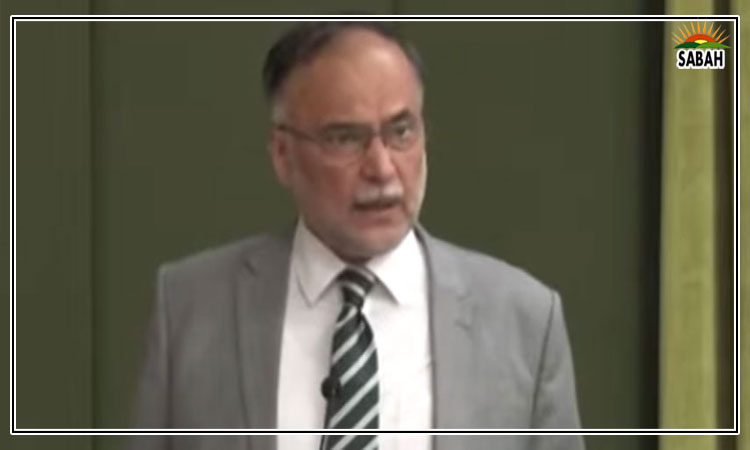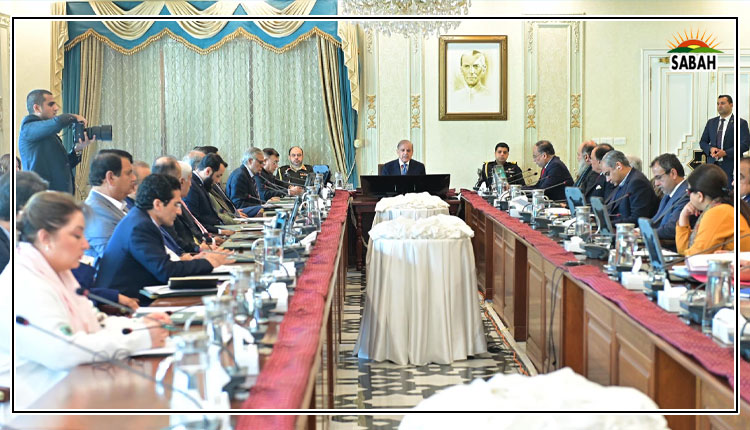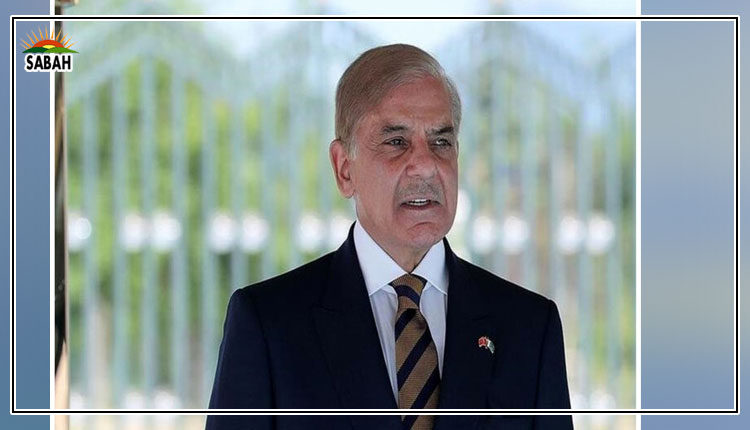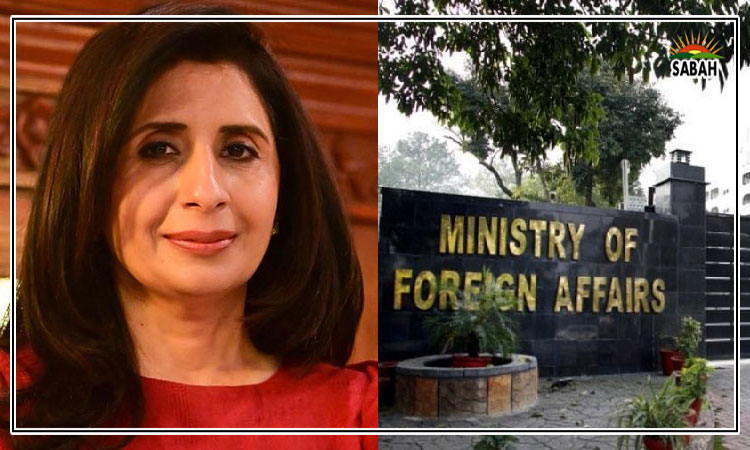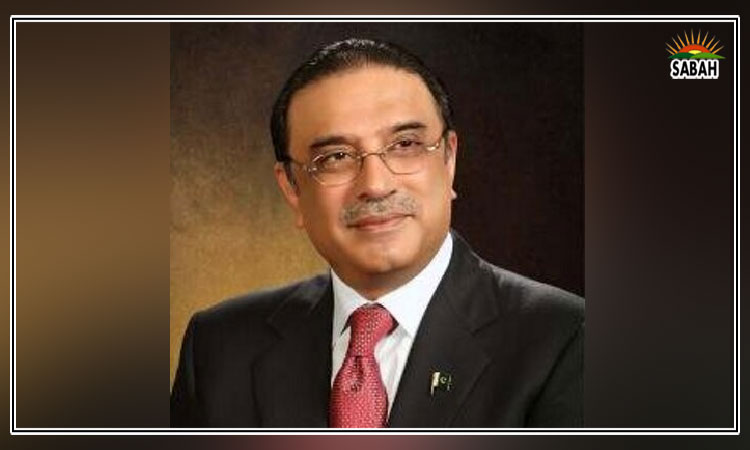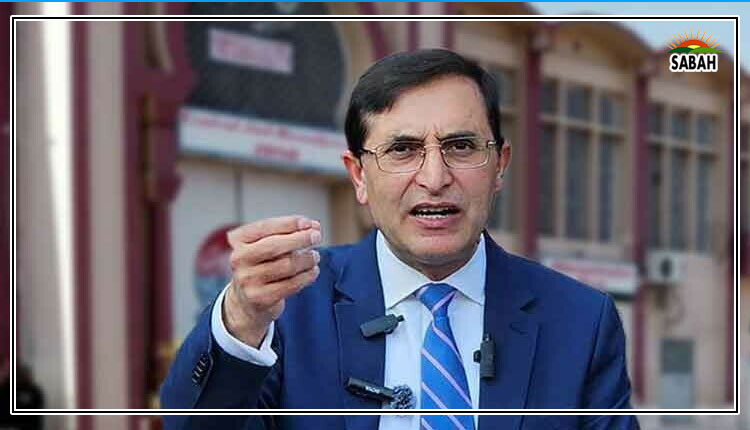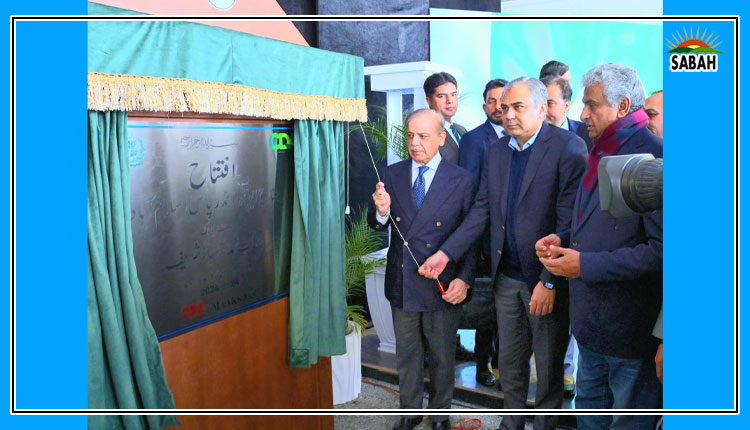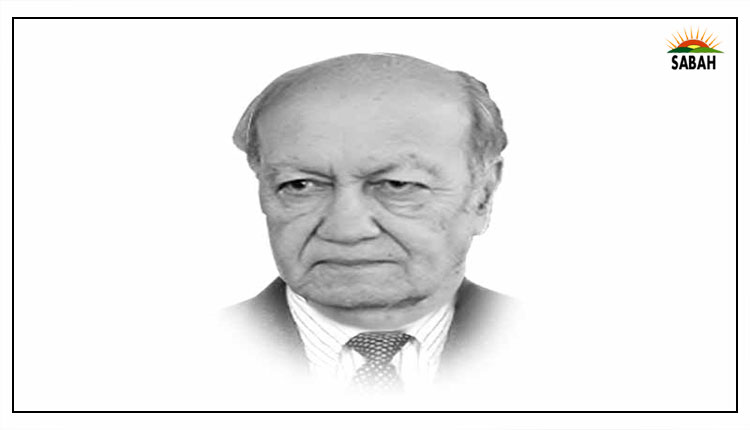Aiming for a better future… Talat Masood
Considering that there were several competing and conflicting pressures, the choice of Balochistan Awami Party Senator Anwarul Haq Kakar as caretaker prime minister was a wise decision. According to reports, it was by consensus reached between the opposition leader Mr Raja Riaz and the outgoing Prime Minister, Mr Shehbaz Sharif.
PML-N top leadership has by and large welcomed the appointment but media reports indicate PPP leadership was initially divided over his selection but has since reconciled to it. Moreover, what seems obvious is that PM Kakar enjoys the confidence of the army top brass and probably was one of its nominees. Another plus is that he belongs to a minority province whose people have generally felt ignored by the political and military leadership. He would be second caretaker PM from Balochistan among the eight that we had in the last 78 years. A Baloch PM is also expected to give a boost to CPEC projects, especially if the duration of the interim government is extended. The project has suffered due to lack of appropriate attention by previous political governments.
We have to seriously reflect as to why the framers of the constitution introduced the legislation wherein a caretaker PM and cabinet has to be appointed for a specific period not exceeding more than three months. During the interim period, the caretaker PM and the cabinet is to govern and oversee the election process. The credibility of the forthcoming leadership would depend as to how fair will be the next elections.
Democracies rely on the integrity of the election commission and the governance system as a whole that it will deliver faithfully the choice and preference of the people. Any power structure other than the election commission to oversee the conduct of elections is not considered necessary and an additional burden on the taxpayer. Moreover, our own experience of previous elections confirms this misgiving. How will the elections this time be any different as the forces or weaknesses that distort the election process are still present and no effort has been made to correct these. So, until there is a realisation and effort on the part of political parties and state institutions that the future of Pakistan rests on pursuing well-established democratic processes and aligning the laws and constitution to it, we will otherwise continue to falter on an ascending scale. The lack of confidence of public in state institutions is presently the countrys major weakness and may be reflected in a thin turnout during elections and needs to be corrected.
Judiciaries impartially becomes questionable if judges get involved in political tinkering and taking sides. A great responsibility thus rests on them to ensure the fidelity of elections. It is also unfair to bring pressure on them which too has been the way we have conducted ourselves in the past and until recently. The same holds for dealing with the bureaucracy. They are important pillars of the state and their efficiency largely influences governance and other attributes of the state. Clearly, there is a lack of realisation of this amongst the ruling class.
Government functionaries are expected to focus on major national issues while avoiding past shortcomings. The incoming government should reinforce the importance of leadership at all levels. This is a primary prerequisite of a functional and orderly society. No laws will be implemented in letter and spirit unless the state institutions themselves remain overboard. A classic example of this dereliction is the way minorities are being treated in India and South Asia in general. We too cannot hold our head high in this regard and a major reformation is necessary. So, while we are moving towards national elections, serious reflection is necessary to avoid our recurring failings in several fields.
Most of our major political parties continue to pursue and promote dynastic politics. While family members have every right to follow their predecessors footsteps but their position in the party or in the government must conform to the same dictates as are applicable for others which generally has not been the case. Similarly, national policy formulation and its implementation in conformity with the constitution should remain strictly in the civilian domain otherwise not only accountability but overall governance suffers. Civilian government whilst in power should not enact laws that curtail or undermine the independence of the judiciary or its powers as attempts were being made recently through hurried legislation. The government that comes into power after elections will have to take several corrective measures to strengthen the rule of law. Establishing credibility for a government is key to gaining the confidence of people.
The incoming government should pursue internationally accepted norms in terms of its conduct and attitude toward opposition parties. The intense hostility between PTI and PML-N and its coalition partners undermines democracy and hinders good governance. Moreover, the government has to respect the state institutions in conformity with the constitution and international practices. Recently the confrontational attitude shown by PML-N leaders toward the judiciary does not augur well for stability and institutional cohesion. Pakistan is a federal state and the government must delegate autonomy and authority to provinces in accordance with the dictates of the constitution. This is especially relevant to Balochistan, otherwise it generates ill will and breeds separatist tendencies.
To bring about these changes may seem a tall order in the present scenario and will not be easy and may sound idealistic to some. But what other alternative do we have other than to prevent the slide and for the government to take effective measures to serve the people.
On the economic front a lot has to be done in every respect of improving the business climate. Government has to manage the economy in the direction that it remains open and an attractive destination for foreign investment. A strong economy results in development of a large middle class which in turn leads to demands for greater political participation and this is what the incoming government should work on.
It is expected that following this course will have a transformational affect and would make the nation and the institutions strong with huge side benefits. However, this would only happen if the incoming leadership shares these values and works toward it, otherwise it will be more of the same.
Courtesy The Express Tribune



